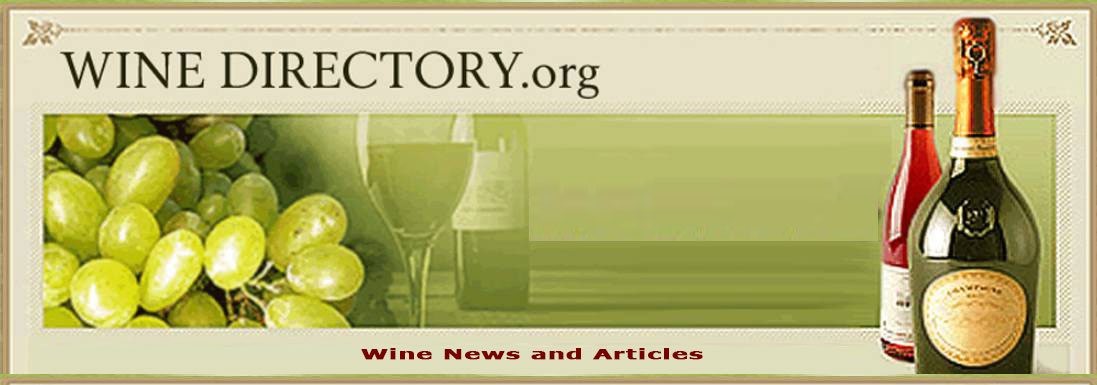French Wine Laws
The French Wine Laws
The production of wine in France is tightly controlled by two organisations. The Instituit National des Appellations d’Origine (INAO). This body succeeded the Comite’ National des Appellations d’Origine after World War II and controls the hierachy of French quality wines. The other is the Service de Repression des Fraudes, which is responsible for seeing that the very complicated laws on wine production are carried out. On the French domestic market, every bottle carries a capsule conge’, or capsule with the government seal on it showing that the relevant tax has been paid. It also shows the wine’s quality status.
France has two grades of QWPSR;
Appellation Controlee and Vin Delimite de Qualite Superieure,
and two of Table Wine;
Vin de Pays and Vin de Table.
Quality Wine
Appellation d’Origine Controlee (AC or AOC)
This is the highest level that a French wine can attain. Though the requirements may vary widely from one region to another, they are the most tightly defined and the following point will always feature.
Areas of Production – the boundaries of which are based on the composition of the soil.
Grape varieties permitted – the principal being that in the words of an earlier decree, these should be ‘hallowed by local, local and established custom’.
Viticultural practices – planting distances, pruning methods and general handling of the vine.
The maximum permitted yield per hectare.
Vinification methods, including ageing.
The minimum alcoholic degree in the wine which must be achieved without must-enrichment.
Within each region there is a laid down hierarchy of appellations which, in general are geographical based. The more specific the geographic description, the higher the appellation, and the stricter the regualtions. In some areas an individual vineyard may be eligible for several ACs of different quality levels.
Some regional and district appellations have the right to the additional qualification superieur e.g. Bordeaux Superieur, Macon Superieur. These wines simply have an extra half or full degree of alcohol compared with the equivalent basic appellation.
Vins Delimites de Qualite Superieure (VDQS)
This classification was established in 1949 as a stepping stone to Appellation Controlee, and many wine originally classified as VDQS have subsequently moved to the higher level.
The laws cover the same ground as for AC wines but are often less stringent on yields and grape varieties. In on aspect, however, the VDQS laws were initially stricter. The right to the VDQS label was only granted after an official tasting. Now this requirement has been extended to AC wines as well.
About the Author
WineDirect.uk.net Offer an extensive range of quality wine gifts, featuring wines from around the world. Beautifully presented in wooden gift boxes.
More information about French Wine can be found at http://www.winedirect.uk.net/french-wine-laws.asp
